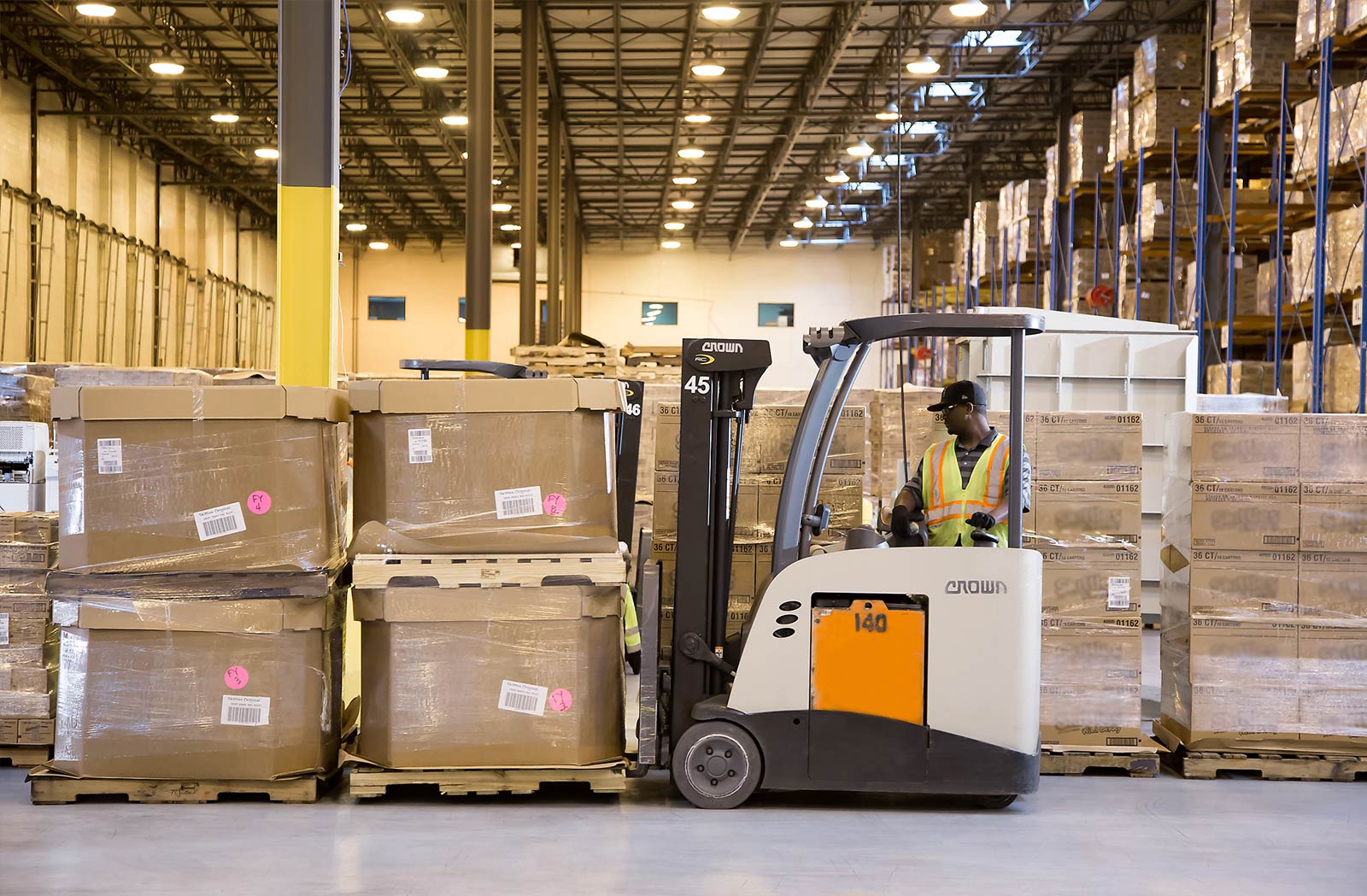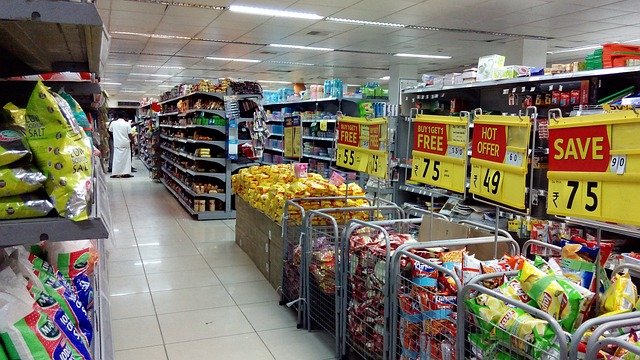Understanding the Role of Packing Jobs in Today's Workforce
In today's fast-paced global economy, the role of packing jobs has become increasingly crucial. These positions play a vital part in various industries, from e-commerce and retail to manufacturing and logistics. Packing jobs involve carefully preparing and packaging products for shipment or storage, ensuring they reach their destination safely and in perfect condition. As consumer demands for faster delivery and better product protection grow, the importance of skilled packers continues to rise.

What exactly does a packing job entail?
Packing jobs involve a range of responsibilities centered around the safe and efficient packaging of goods. Workers in these roles typically handle tasks such as selecting appropriate packaging materials, wrapping or boxing items, labeling packages, and preparing them for shipment. They may also be responsible for quality control, ensuring that products are undamaged and correctly packaged before leaving the facility. In some cases, packers might use specialized equipment like shrink-wrap machines or automated packaging systems.
How has the e-commerce boom affected packing jobs?
The explosive growth of e-commerce has significantly impacted the packing industry. With more consumers shopping online than ever before, there’s an increased demand for efficient and reliable packaging solutions. This has led to the creation of more packing jobs and the evolution of existing roles. Modern packers often need to be familiar with various packaging materials and techniques to accommodate a wide range of products, from delicate electronics to perishable goods. The focus on sustainability has also prompted changes in packaging practices, with many companies now prioritizing eco-friendly materials and minimizing waste.
What skills and qualities are essential for success in packing jobs?
Successful packers possess a combination of physical and mental attributes. Key skills include:
-
Attention to detail: Ensuring packages are correctly assembled and labeled.
-
Physical stamina: The ability to stand for long periods and lift objects of varying weights.
-
Time management: Working efficiently to meet production targets and deadlines.
-
Adaptability: Quickly learning new packaging techniques for different products.
-
Teamwork: Collaborating with colleagues in warehouse or production environments.
-
Basic math skills: Calculating quantities and dimensions for packaging requirements.
Additionally, having good hand-eye coordination and the ability to follow instructions precisely are valuable traits in this field.
How can one get started in a packing career?
Starting a career in packing typically doesn’t require extensive formal education. Many entry-level positions offer on-the-job training, making it accessible to those new to the workforce or looking for a career change. Here’s a step-by-step guide to getting started:
-
Research the industry: Learn about different types of packing jobs and industries that employ packers.
-
Develop relevant skills: Focus on improving attention to detail, physical fitness, and time management.
-
Gain experience: Look for entry-level warehouse or retail jobs that involve handling products.
-
Apply for positions: Search job boards and company websites for packing job openings.
-
Prepare for interviews: Highlight your relevant skills and any experience with handling products or working in fast-paced environments.
-
Consider certifications: While not always required, certifications in areas like forklift operation or safety procedures can make you a more competitive candidate.
What are the career advancement opportunities in packing?
While packing jobs often start at entry-level positions, there are numerous opportunities for career growth. With experience and demonstrated skills, packers can advance to roles such as:
-
Team Leader or Supervisor: Overseeing a group of packers and ensuring efficiency.
-
Quality Control Specialist: Focusing on maintaining high standards in packaging processes.
-
Logistics Coordinator: Managing the flow of goods through the packaging and shipping process.
-
Warehouse Manager: Overseeing entire warehouse operations, including packing departments.
-
Supply Chain Analyst: Analyzing and improving packaging and distribution processes.
Additionally, some packers may specialize in specific industries or types of products, such as hazardous materials or sensitive electronics, which can lead to higher-paying positions.
What is the outlook for packing jobs in the coming years?
The future of packing jobs looks promising, driven by continued growth in e-commerce and global trade. However, the nature of these jobs is likely to evolve with technological advancements. Automation and robotics are increasingly being integrated into packaging processes, which may reduce the number of traditional packing roles. At the same time, this shift creates new opportunities for workers skilled in operating and maintaining packaging technology.
| Advancement Opportunity | Typical Responsibilities | Potential Salary Range |
|---|---|---|
| Team Leader/Supervisor | Oversee packing operations, manage staff | $35,000 - $50,000 |
| Quality Control Specialist | Ensure packaging meets standards, implement improvements | $40,000 - $60,000 |
| Logistics Coordinator | Manage product flow, coordinate with shipping | $45,000 - $65,000 |
| Warehouse Manager | Oversee entire warehouse operations | $60,000 - $90,000 |
| Supply Chain Analyst | Analyze and optimize packaging processes | $65,000 - $100,000 |
Prices, rates, or cost estimates mentioned in this article are based on the latest available information but may change over time. Independent research is advised before making financial decisions.
In conclusion, packing jobs play a critical role in today’s economy, offering entry-level opportunities with room for growth and specialization. As the industry continues to evolve with technological advancements and changing consumer demands, those in packing roles will need to adapt and potentially upskill to remain competitive in the job market. Despite challenges, the essential nature of these positions ensures their continued importance in the global supply chain.




